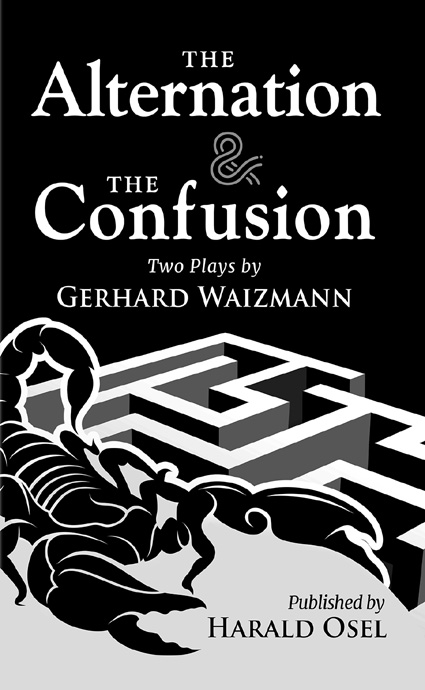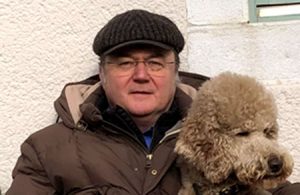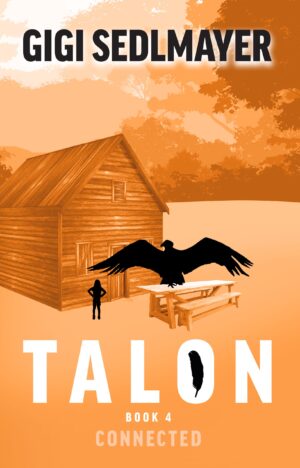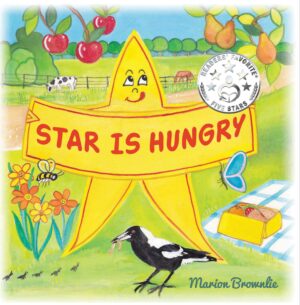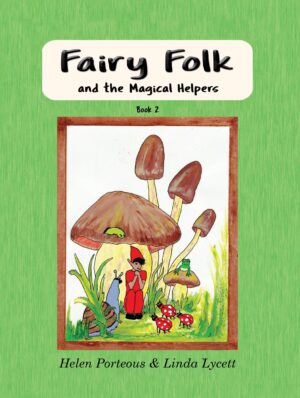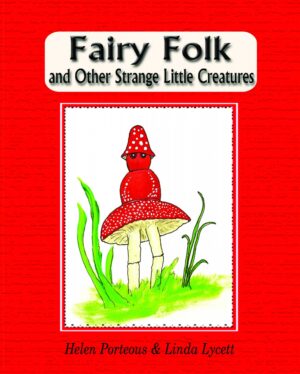Description
Harald A. Osel has been employed with an integrated oil and gas company since 1991 and has worked for it as a member of the Branch Management in various countries worldwide. He holds a PhD in Economics from the University of Vienna. By 2023 he has retired from work and is living again in Vienna.
Gerhard Waizmann, the author of the two plays, lived in the second district of Vienna, at Halmgasse 3/23. I met Gerhard during the early 1980s through a mutual friend who, like all members of this group, heavily indulged in alcohol. Gerhard, who was a few years older than me, was at this time already a heavy alcoholic (contrary to his religious tradition).
Gerhard had always openly professed his Judaism and although he expressed this visually as well. with his somewhat impressive beard, I still do not really believe that he lived his faith in a very orthodox way.
When I once asked him about his profession, he said that he was a set designer.
Since Gerhard didn’t have his own car, I often acted as a chauffeur on trips through Vienna. Once Gerhard jumped out of my car when I told him, my father was an officer in the Wehrmacht during World War II. (He was a flight engineer, i.e. a lieutenant, at the Fliegertechnische Schule 5 in Wischau).
Later I had the opportunity to tell Gerhard about my father’s home visit during the Second World War, when he visited his mother in Vienna and stayed in the apartment building at Mollardgasse 25, which was owned by our family. During this visit, my father – who was in uniform at the time – met a group of soldiers whose job it was to arrest our Jewish tenant, Mrs. Fischer. At this point, my father seems to have shown civil courage when he confronted the soldiers and pointed out that Mrs. Fischer had never been guilty of anything and that there was no reason for her to be arrested. Subsequently this group of soldiers actually left. They may have also carried out their assignment reluctantly and might have thought: Well, let’s just write “untraceable”. This circumstance made it possible for Mrs. Fischer to spend the Second World War in our house as a so-called “submarine”. I knew Mrs. Fischer personally, when I was a child – as a tenant in our house – before she passed away in the 1960s.
Later, when my father retired, he required vis-à-vis the Social Security Office a testimony for a period around World War II, which was otherwise poorly documented. Mrs. Fischer’s son, Otto, who, it seems to me, worked at times in our family’s transport company during this period, then submitted his statement to the Social Security Office.
At this point, Gerhard made it clear to me that a similar incident also took place in his family, with a certain Pauker helping his father. It was The Pauker from Simmering-Graz-Pauker said Gerhard by then.
I’ve also lent Gerhard money again and again. At some point, I wanted it back. Instead, he handed me a bundle of paper on which two of his plays were written: “The Replacement” and “The Confusion”. I picked up this bundle of paper and said to myself, “Better than nothing. You’ll never see the money again.” For the next – about 45 years – I just put these two plays in a drawer.
I then took a new job myself, spending many years abroad as part of my work. After my return to Vienna in 2019, Gerhard’s plays, which I had almost forgotten, fell into my hands again. It occurred to me that it would be appropriate to publish them now.
At this point, I can only speculate why Gerhard did not publish his own plays back in the 1980s. However, publishing is certainly easier today than it was back then, and I believe it would also find Gerhard’s agreement ultimately doing so by now.

